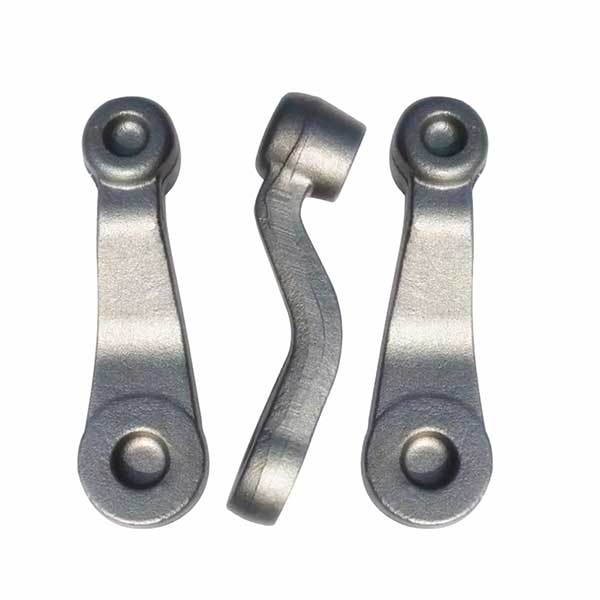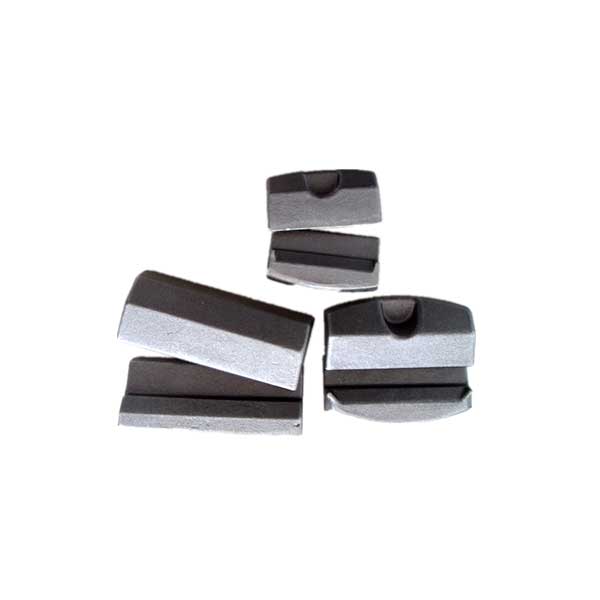Hot forging is a manufacturing process that involves shaping metal using heat and pressure. It is commonly used in various industries for a wide range of applications. Here are some common uses of hot forging:
Automotive Industry
Hot forging is extensively used in the automotive industry to manufacture critical components such as crankshafts, connecting rods, gears, axles, and suspension parts. The process provides high strength and durability to the forged components, making them suitable for demanding automotive applications.

Aerospace Industry
The aerospace industry relies on hot forging to produce components that require high strength, precise dimensions, and resistance to extreme conditions. Forged aerospace parts include turbine blades, landing gear components, engine parts, and structural components.
Oil and Gas Industry
Hot forging is utilized in the oil and gas industry for the production of various equipment and components, including valves, flanges, fittings, drill bits, and downhole tools. These components require excellent mechanical properties, resistance to corrosion, and the ability to withstand high-pressure and high-temperature conditions.
Heavy Machinery and Equipment
Hot forging is employed in the manufacturing of heavy machinery and equipment components such as gears, crankshafts, hydraulic cylinder rods, and construction machinery parts. The process ensures the necessary strength, durability, and dimensional accuracy of these components.

Power Generation
Hot forging is used in the power generation industry for the production of turbine blades, generator shafts, and other critical components. These components need to withstand high temperatures, pressure differentials, and mechanical stresses.
Tool and Die Industry
Hot forging is utilized to produce tool and die components such as dies, punches, molds, and inserts. These components require high wear resistance, toughness, and dimensional accuracy to withstand the rigors of metalworking processes.
General Engineering
Hot forging finds application in various general engineering sectors, including agricultural machinery, mining equipment, industrial machinery, and infrastructure projects. It is used to manufacture components that require high strength, toughness, and dimensional stability.
Hot forging offers several advantages, including improved material properties, enhanced mechanical strength, better structural integrity, and cost-effectiveness for large production runs. The process allows for the shaping of metals into complex shapes with high precision and repeatability.


